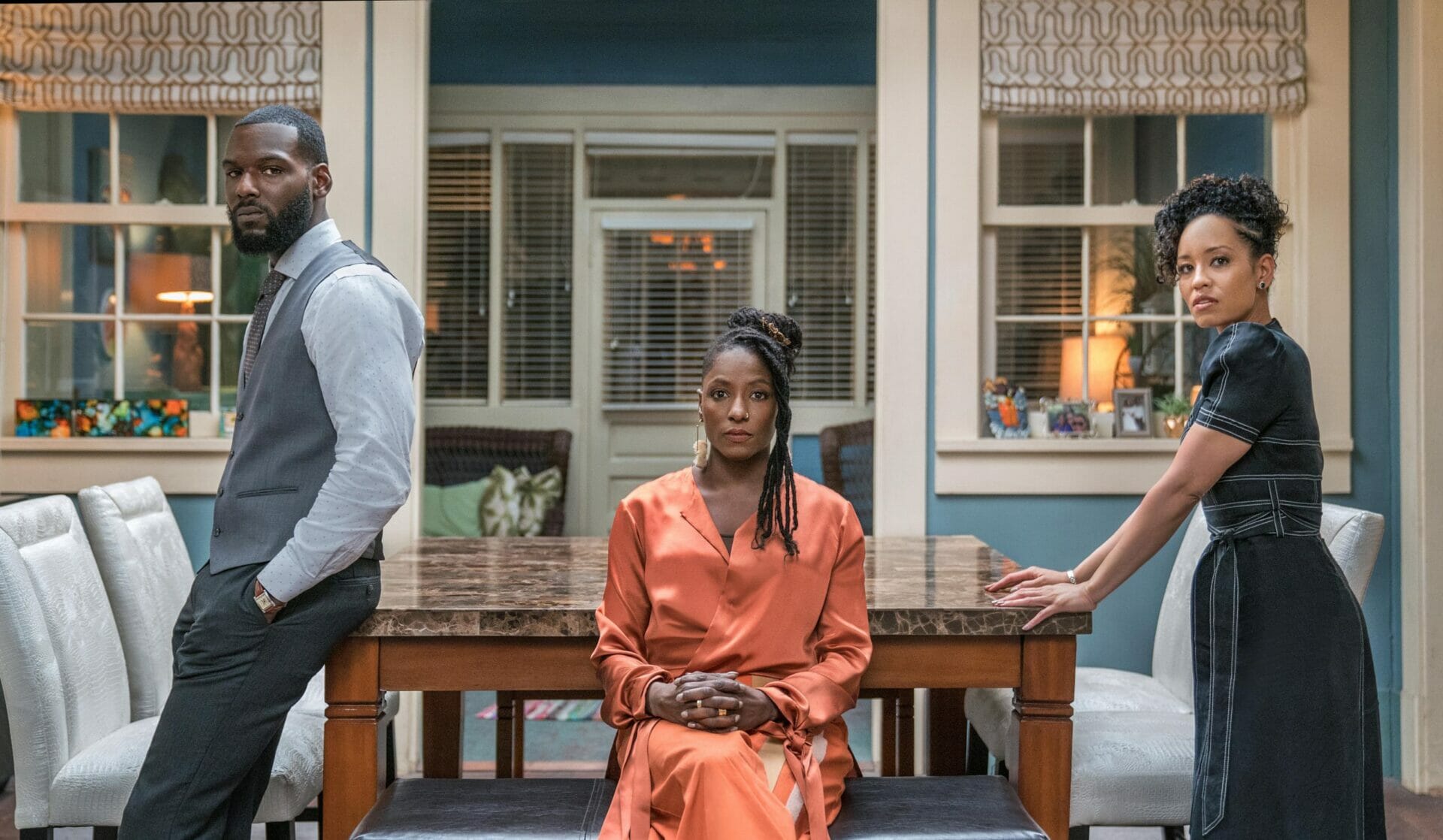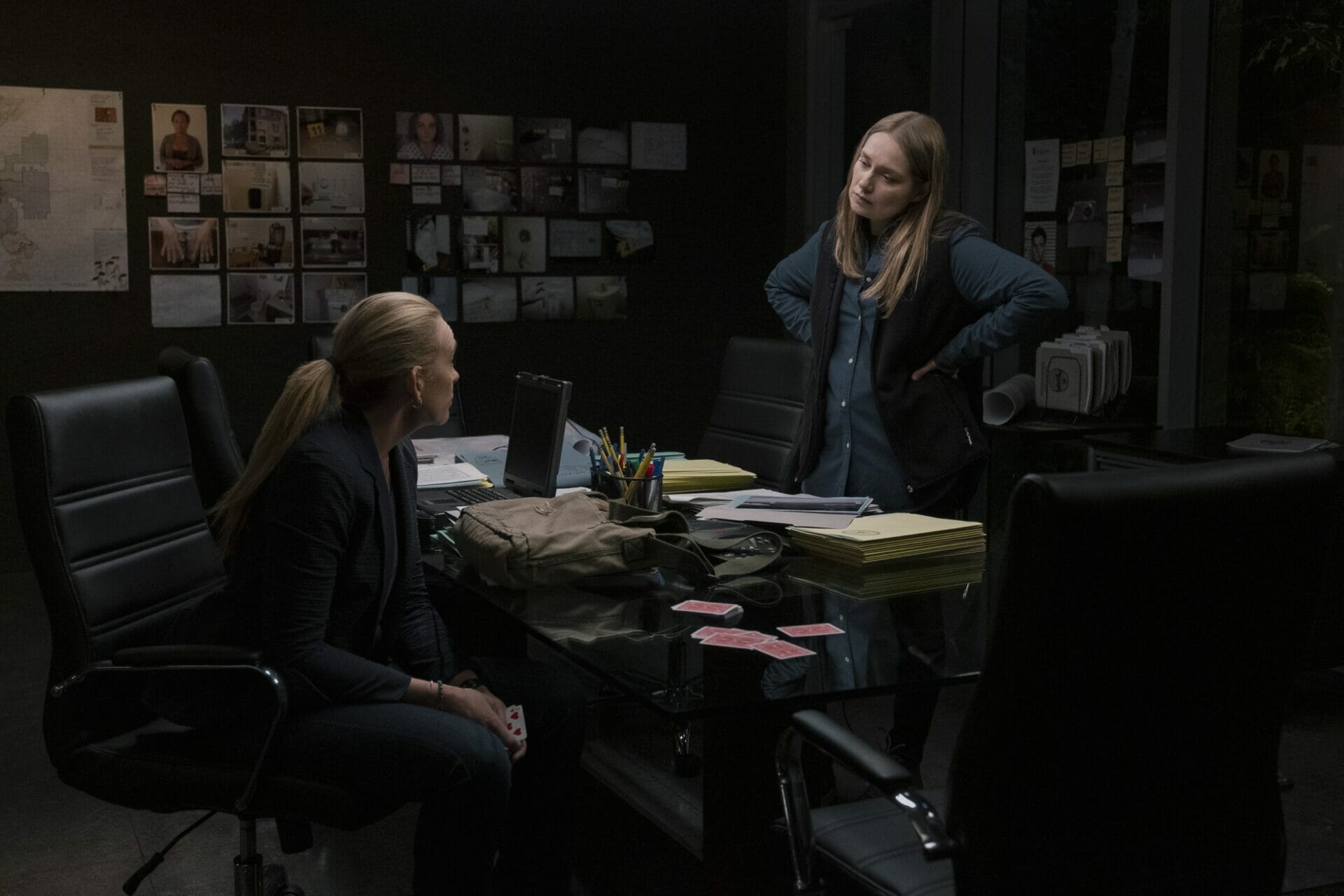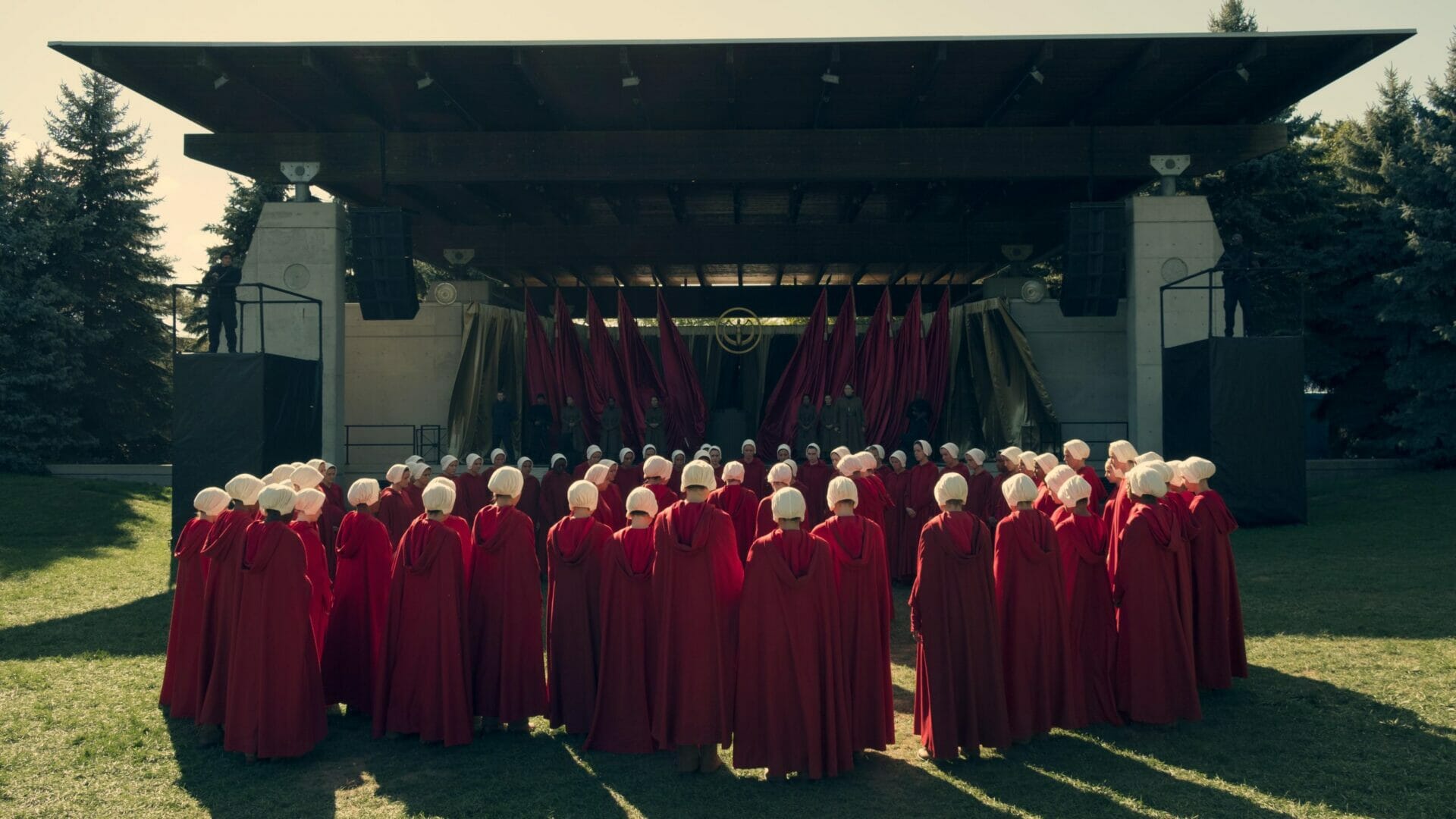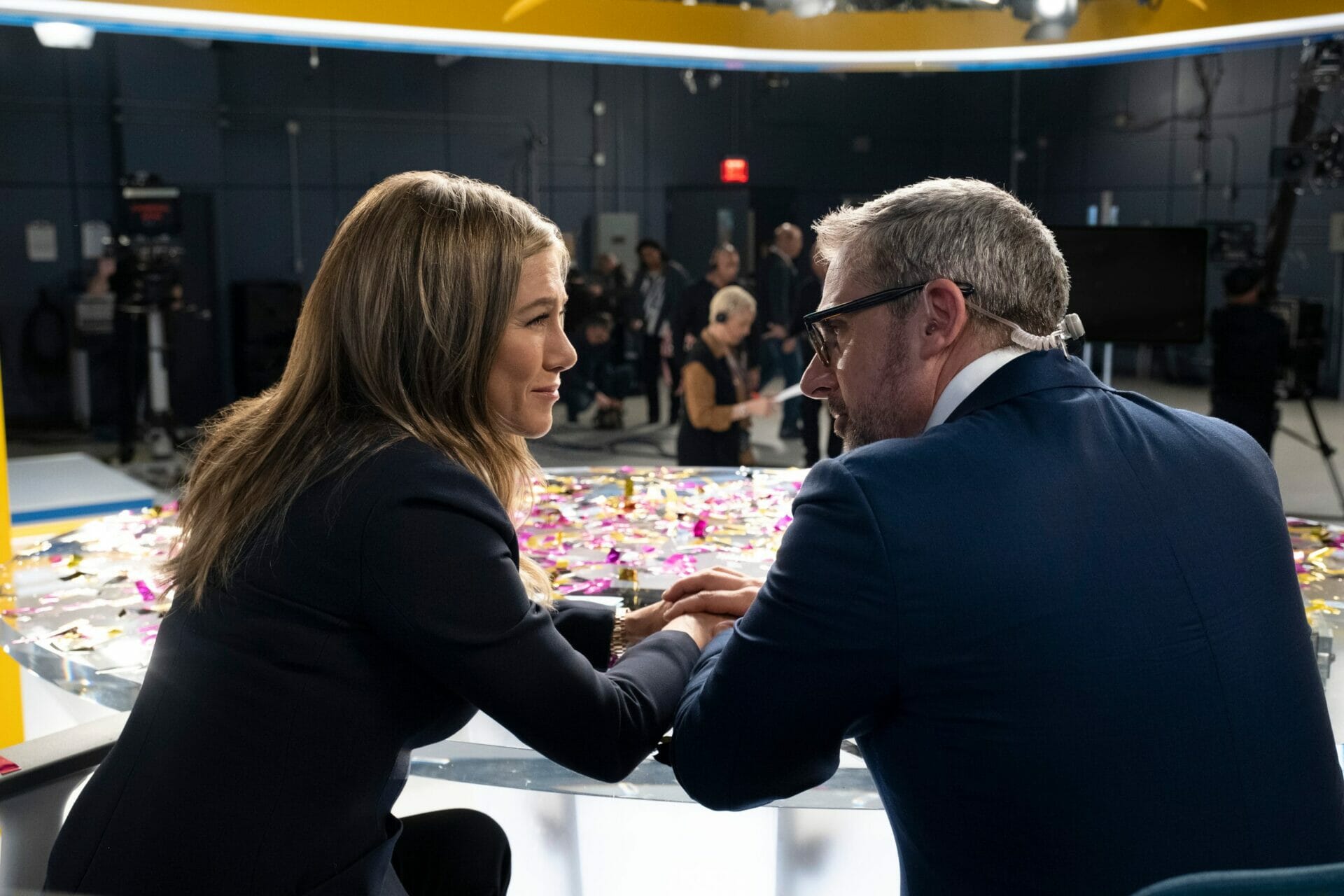
Queen Sugar is a portrayal of oppression
Creator
Year
Country
Seasons
Runtime
Original language
Genre
Music by
Charley (Dawn-Lyen Gardner), Nova (Rutina Wesley), and Ralph Angel (Kofi Siriboe) Bordelon are three adult siblings who have to come back to their father’s home in Louisiana to take care of his 800-acre sugarcane farm and face – each in their own way – the issue of being black in the American South.
With Ava DuVernay and Oprah Winfrey as executive producers, Queen Sugar is an adaptation of the novel of the same name by Natalie Baszile. It is a family drama that shares topics and dynamics with many other shows (This is Us, Succession, and Six Feet Under). Still, it takes advantage of a poignant cultural authenticity to stand out and generate unique points of interest.
Marginalization transposed on screen
The events have a good balance and succeed in intertwining different topics – money and fame, freedom and abuse, race and gender – grabbing the audience’s attention thanks to sincere performances by an almost entirely black cast. DuVernay, with previous directing experiences from I will follow, Middle of nowhere, and Selma under her belt, understands the thematic importance of visuals. Thus, the symbolic marginalization that black people have suffered for ages in American society is transposed on the frame, placing the characters constantly on the side or below the horizon of the shot.
Although the premise of the story – a family gathering after the father’s death – is one of the most exploited tropes in cinema and television (Knives out, The Farewell, Patrick Melrose), Queen Sugar offers an original composition of the implications of this loss involves for an entire community: how can you build up a sugar mill and create your own economic, sustainable empire as a black family in a land that has been owned by white people for decades? This conflict draws the line between standard family drama and social realism inside the narrative, creating a compelling portrayal of oppression.
A narration focusing on feelings
All the protagonists are hostages of society and their own rules and expectations – and at the same time, they spark pride, empowerment, and lightness.
The show broke a record in choosing only women as directors (Ava DuVernay, So Yong Kim, Cheryl Dunye, and Victoria Mahoney) of the first season’s episodes. Even if a vague soap opera flavor underlines several plot points, the slow-paced narration of emotions – focused on “feeling” rather than “understanding” – becomes a blessing and curse of the whole viewing experience.
Tag
Buy a ☕ for Hypercritic









